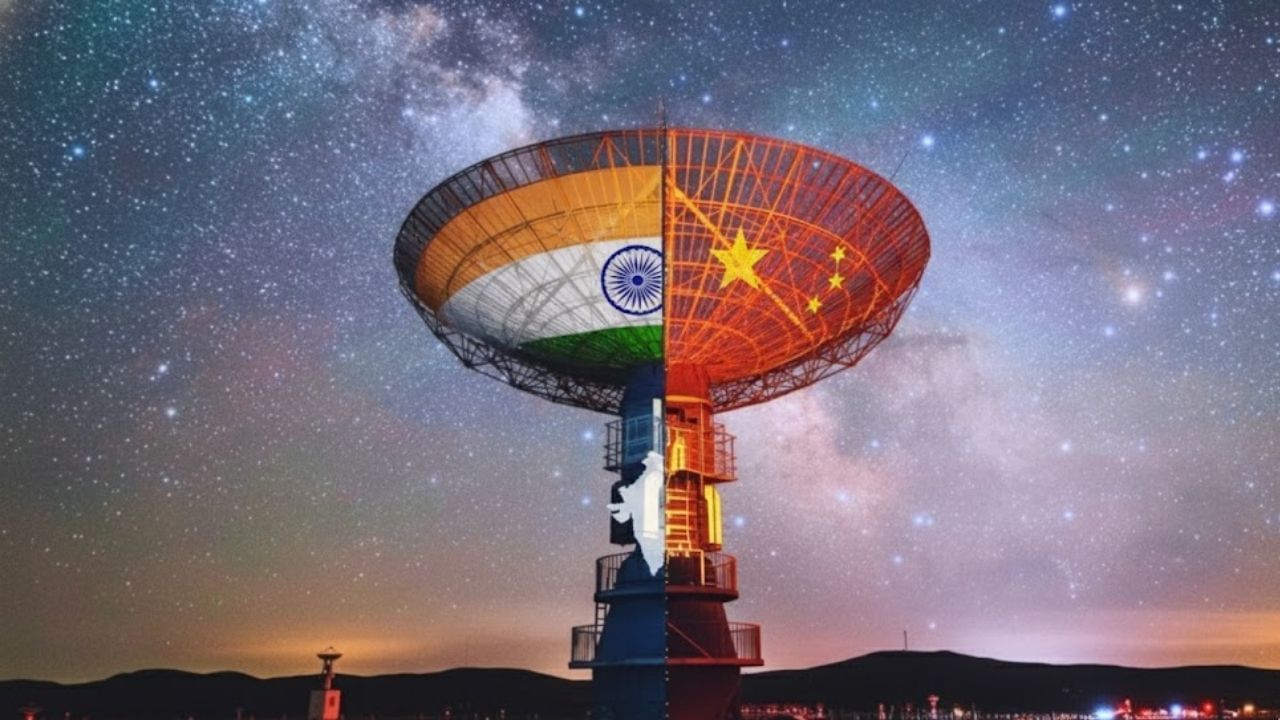India is maintaining distance from China’s satellite
The Government of India has taken a big and tough decision regarding national security. New Delhi has started banning the use of satellites belonging to China in India. This step is going to have a direct impact on many big broadcasters and teleport operators of the country, who will now have to turn to other satellites to continue their services.
‘No’ to satellites belonging to China
This step of the government has been taken to strengthen the security infrastructure of the country amid geopolitical uncertainty. India’s space sector regulator, In-Space (IN-SPACe), has rejected the proposals of China’s Chinasat and Hong Kong-based ApStar and AsiaSat. These companies wanted to provide their satellite services to Indian firms. Due to this decision of the Government of India, the problems of AsiaSat have increased the most. This company has been working in the country for about 33 years. Only two satellites of the company (AS5 and AS7) have received approval till March, while proposals for other satellites like AS6, AS8, and AS9 have been rejected.
Companies started preparations, Zee changed platform
This decision means that big broadcasters like JioStar and Zee will have to shift to other satellites except AsiaSat 5 and 7 by March 2025. According to sources, these companies have already started preparations to ensure that there is no interruption in services. Zee has also confirmed that it has taken its services to satellites like GSAT-30, GSAT-17 and Intelsat-20. A Zee spokesperson said, “None of our services are now on AsiaSat-7.” However, there has been no comment on this matter from IN-SPACe, JioStar and ApStar.
33 year old company’s plea, ‘Tell me the reason’
On the other hand, AsiaSat is in constant talks with the regulator to continue its services in India. Rajdeep Singh Gohil, MD of Inorbit Space, AsiaSat’s partner company in India, said that he has held several rounds of meetings with the top management of IN-SPACe. He expressed surprise as to why despite serving India for 33 years and following all the regulations (MIB, DoT, DoS and MHA), he is not being given long term approval. According to him, the regulator has not yet given any clear reason for this, although it has acknowledged the contribution of AsiaSat in India.
Space sector will become ‘self-reliant’
This entire matter is part of a major regulatory change taking place in the space sector. Under the new rules, now all foreign satellites will have to obtain approval from IN-SPACe to operate in India. While other foreign companies like Intelsat, Starlink, OneWeb and Inmarsat have got approval, companies with Chinese links are being shown the door.
Officials say that earlier India lacked satellite capacity, due to which even satellites with Chinese links had to be approved. But now due to GSAT the domestic capacity is sufficient. The government is emphasizing self-reliance in an important area like space for national security. India aims to grow its space economy to $44 billion by 2033, in which satellite communication will play a major role.
